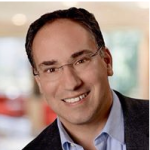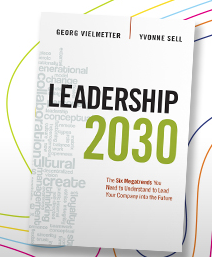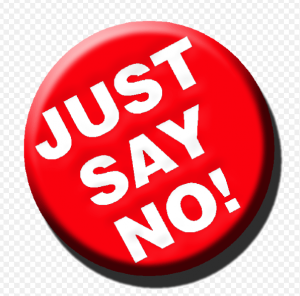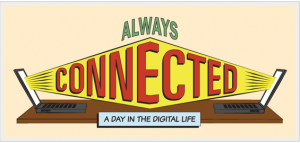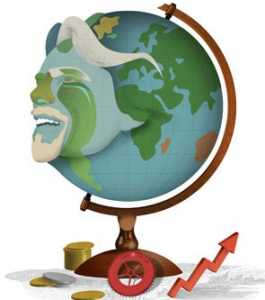There’s one glaring omission in the stated opposition to the proposed Islamic Center near Ground Zero. ĀIt’s the unspoken implication that Islam is, by definition, a fanatical, terrorist religion.
As I read and hear about the reasons offered by those opposing the Center, they usually conclude with such descriptions as Ā”insensitive,” “inappropriate,” or “insulting” to the memory of those whose lives were lost in the 9-11 attacks. ĀAnd yet, I haven’t heard any real explanation of what, exactly, would be Ā”insensitive,” and so forth, about the proposed presence of an Islamic Center in the vicinity of Ground Zero? ĀThe most they say or imply is that its presence would be wrong, by definition, because of its location. ĀBut those opposed don’t really say what that connection is, in their minds, that makes its location wrong or “unwise.”
To put this in a broader context, look at the recent speech by New York Mayor Bloomberg. ĀHe presented both a passionate and reasoned, principled explanation why it should be allowed; and why doing so is fully consistent with American values and history. ĀFollowing that, President Obama affirmed much of the same set of principles in support of the Center — until he backtracked the next day, under the not-unexpected Republican and right-wing opposition.
Here’s what I believe is the unspoken source of the opposition: Equating fanatical, extremist Muslims with Muslims, per se. ĀThat’s why some have used the analogy of erecting a Nazi center next to a concentration camp. ĀOr a monument to the KKK next to a civil rights memorial. ĀThe analogies are bizarre, and reveal the bigotry and ignorance behind them. ĀThat is, the heart of the argument against the presence of the Islamic Center is that it would be “insensitive” because Āthe perpetrators of the 9-11 attacks were Muslims. ĀNow take that link to it’s conclusion. ĀAside from the fact that Muslims were among those killed in the attack, the opponents seem reluctant to state that they are arguing that Islam, as a faith, is embodied in the terrorist attacks. ĀThis would be like saying that because some Christians are fanatics, and some of those support killing of doctors who perform abortions, that therefore Christianity, per se, is a fanatical religion.
The triumph of emotional reactiveness and sentiment over our professed American values is very troubling. ĀIf the opponents to the Center acknowledged outright that they’re equating fanatical Muslims and the Muslim faith in general, at least they would demonstrate logical integrity — along, of course, with outright bigotry. ĀBut we would see what their true position is, rather than hearing them evade explaining just why they believe the presence of the Center would be “insensitive.” ĀThis closet prejudice reminds me of Colin Powell’s retort to those claiming that Obama was Āa secret Muslim, during the 2008 campaign. Powell asked what if ĀObama was, in fact, a Muslim? So what? ĀWhat’s the point? Ā The same questions should be asked today of those who couch their opposition in words that don’t make explicit their implied conclusion.
Mayor Bloomberg was right on target when he explained the higher principles and context of this issue. ĀIt’s worth reading. ĀClick here for the full speech. ĀHere’s a small portion of what he said.
Let us not forget that Muslims were among those murdered on 9/11, and that our Muslim neighbors grieved with us as New Yorkers and as Americans. We would betray our values and play into our enemies’ hands if we were to treat Muslims differently than anyone else. In fact, to cave to popular sentiment would be to hand a victory to the terrorists, and we should not stand for that.
For that reason, I believe that this is an important test of the separation of church and state as we may see in our lifetimes, as important a test. And it is critically important that we get it right.
On Sept. 11, 2001, thousands of first responders heroically rushed to the scene and saved tens of thousands of lives. More than 400 of those first responders did not make it out alive. In rushing into those burning buildings, not one of them asked, ‘What God do you pray to?’ Ā’What beliefs do you hold?’
The attack was an act of war, and our first responders defended not only our city, but our country and our constitution. We do not honor their lives by denying the very constitutional rights they died protecting. We honor their lives by defending those rights and the freedoms that the terrorists attacked.
Well said, Mayor Bloomberg.


 Part of the Tabula Peutingeriana, a 13th-century copy of an ancient road map, with Rome at center.
Part of the Tabula Peutingeriana, a 13th-century copy of an ancient road map, with Rome at center.


